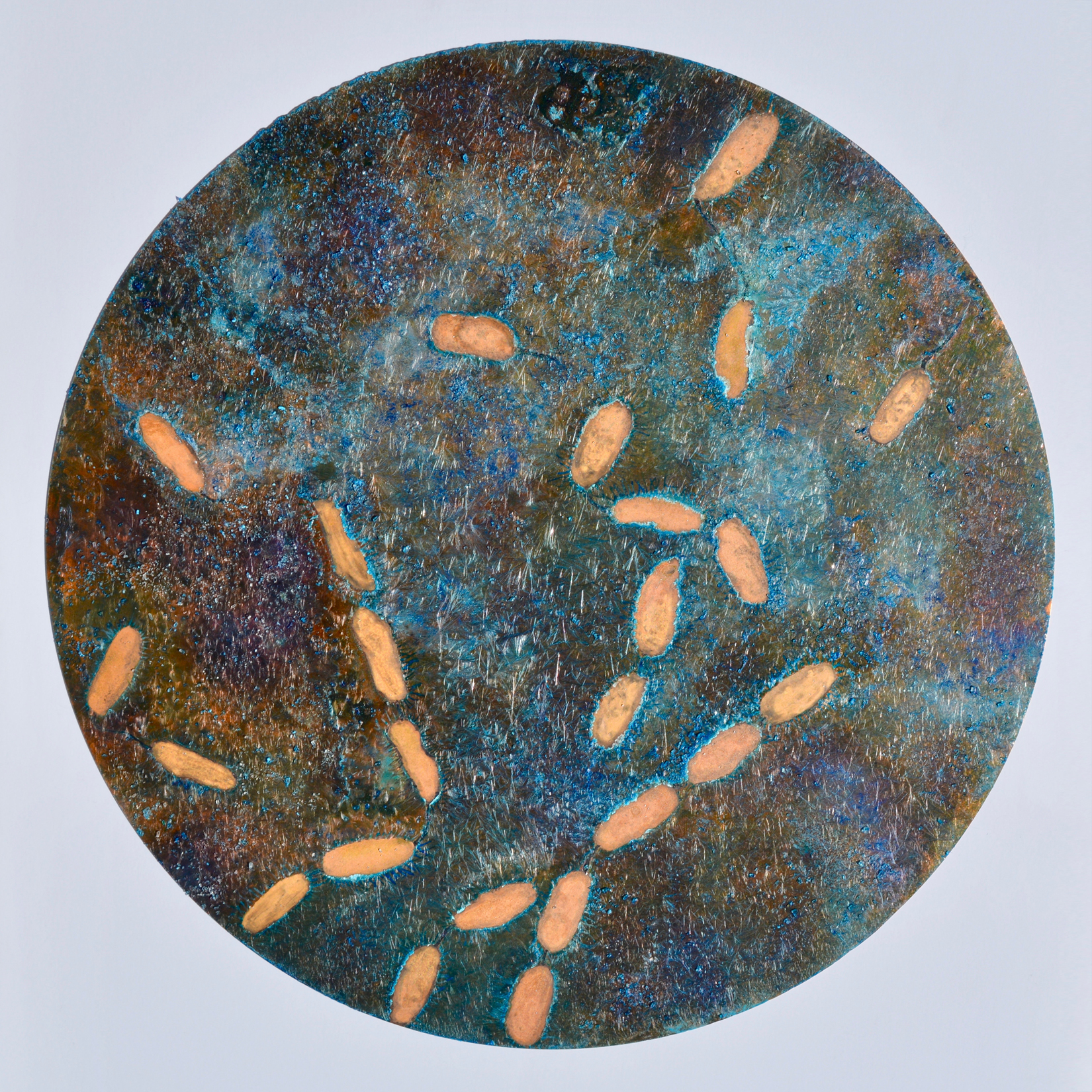Haloarchaea
Haloarchaea are a class of the Euryarchaeota, found in water saturated or nearly saturated with salt. The name 'halobacteria' was assigned to this group of organisms before the existence of the domain Archaea was realized, and now, should be updated. They require high salt concentrations to grow and can grow aerobically or anaerobically. Haloarchaea have a potential to solubilize phosphorus and therefore may play a role in nutrition to vegetation growing in hypersaline soils. They may also have applications as inoculants for crops growing in hypersaline regions. 1
Thirty years ago, a University of Illinois microbiologist named Carl Woese famously declared that some microbes are so different from the rest that they should be classified as a third branch of life. They are archaea, sharing the stage with bacteria and with eukarya, the branch that includes plants, animals, fungi and microscopic protists.
The resilient nature of haloarchaea soon became legendary because they cropped up in places that would kill most things: from geysers and oil wells to salt lakes and polar seas. Then some were found inside animals, including us, and suddenly scientists were seeing them everywhere: in the soil, the water, anywhere the rest of life can exist and even where it can’t. 2
1. Copyright: Wikipedia
2. Copyright: ScienceLine, January 2, 2009, Robert Goodier

Copyright: Cheryl Safren
